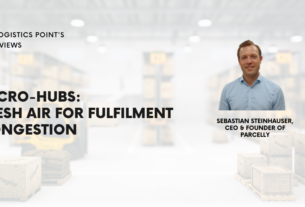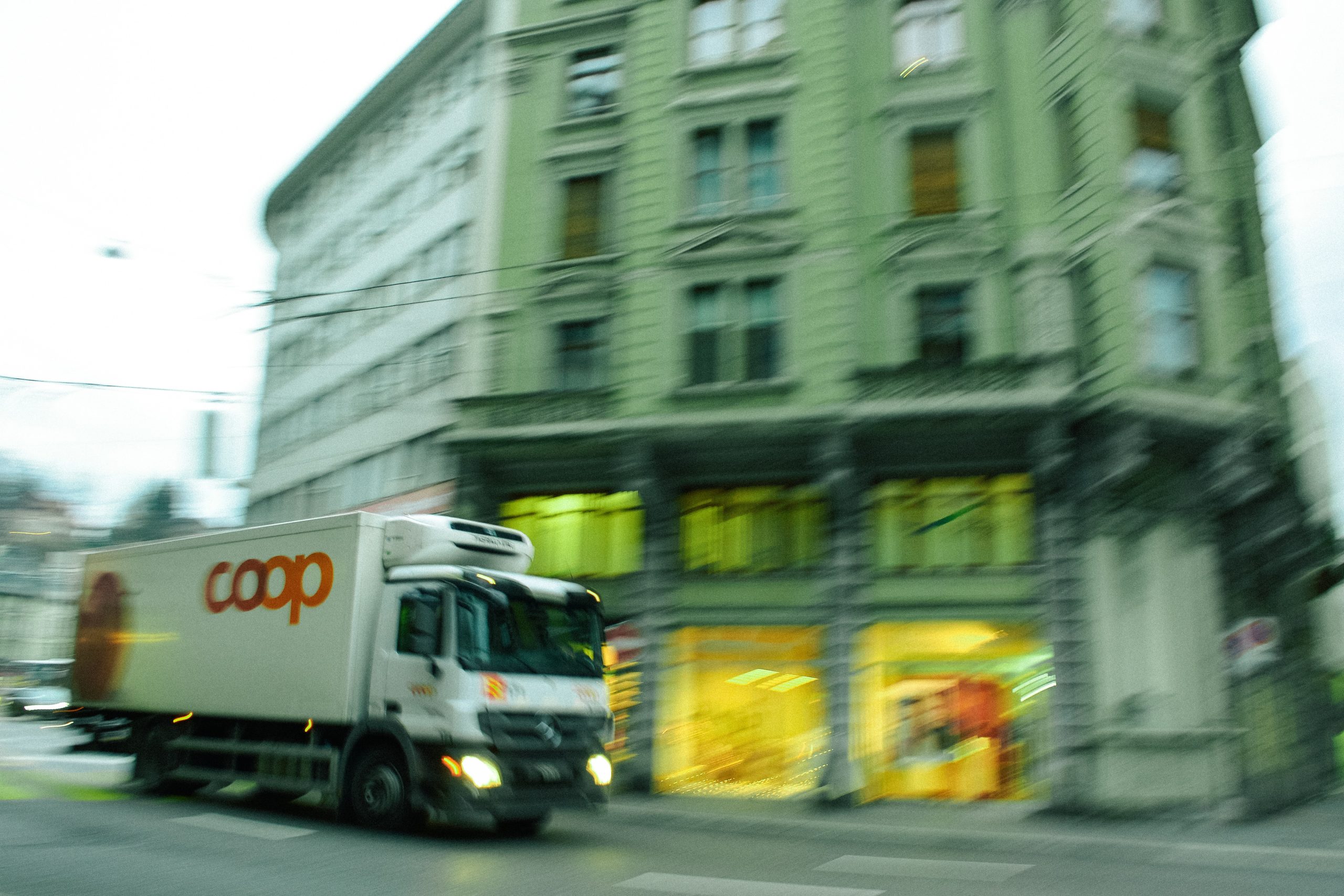Supply chains are fighting a battle to become more ethical and sustainable. We have spoken about it many times but the more we cover the topic the more obvious it is there are many things that are still to be understood. Peter Needle, Founder & President at Segura System, gave an exclusive interview for The Logistics Point on what it means to be ethical and why it is important. Watch the full video interview below.
How should we define ethical supply chains and how do we create them?
Businesses should focus on three key areas. Those three areas are People, Planet and Profit. And the third one is always a bit contentious. But first of all, it’s a supply chain where throughout its layers, everybody that’s supplying the business, the people that are involved and doing the work, are looked after and are working in good conditions and not exploited. There are millions of people who are working in slave labor around the world.
Secondly, we only have one planet, so it’s got to be a supply chain that is looking after the planet. And if it’s not doing good to the planet, at least it’s doing no harm. And I don’t think there are many
businesses out there that could say that about their supply chains and I think this is really important.
Thirdly, profit is still important because whilst you take care of your people and look after your supply chain the business still needs to make some money or else it becomes an unsustainable business. It’s those three big indicators often referred to as the Triple Bottom Line that are really important.
How we create them is much more difficult to answer. I think that for any business, they’ve got to get a grip on what’s going on in their supply chain.
For the industry, which Segura deals in – fashion and textiles, supply chains can be many layers and very complicated. A small client of Segura may have 500 Tier one suppliers of garments. And that’s just the start of it, because then they’ve got 15, 20, or 30 suppliers of components and assets that they need to order from in order to make garments. Then those suppliers usually have a fairly sizable number too. So before you know it, you can go from 500 to 5000 suppliers in a supply chain, and the difficulty of that is uncovering who’s supplying whom.
In most cases a business will know primary suppliers reasonably well. I think in our industry, most are working hard to make sure that those primary suppliers are working in good conditions, looking after the people and the planet. But it’s when you get below that into the Tier 2 and below where it gets a bit murkier and a bit less understood.
So businesses that want to create really ethical supply chains have got to know where the materials that are going into the products that they produce and the services provided, are coming from.
What is the role of technology in ethical supply chains?
I think technology has a massive part to play because you cannot create ethical supply chains by manual processes. But even if you could, you would have to employ thousands of people to do it. So I think technology that is bringing that visibility and transparency is really, really important. And we see Segura very much as the hub of that – tracking the orders through, up and down the supply chain.
And then there are many other players that are doing brilliant things with technology and using blockchain can track those materials through to the final garments. I think all of these systems that bring visibility and transparency make it easier for retailers to adapt. I think we’ll play a huge part. We’ve got to automate as much of this as we can.
Watch the full video now and learn how to find help with your supply chain in the path to making it more ethical and sustainable, why consumers are changing their behaviour and what is next for the industry.


